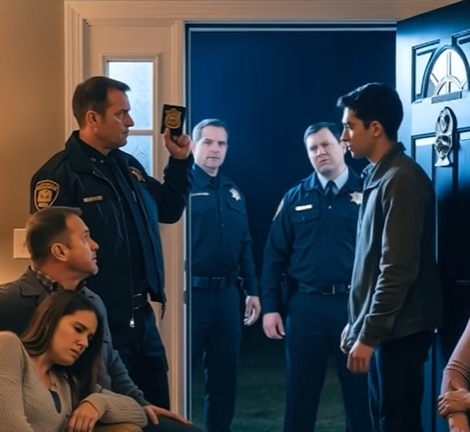Outside, I didn’t cry. I didn’t scream. I just sat in my car, hands clenched on the steering wheel, heart pounding like a war drum. I stared at the driveway, at the house I had grown up in — now a hollow theater where love had turned into leverage.
Fourteen thousand dollars. Gone.
I opened my bag and pulled out the folder I had brought just in case. Printed bank statements, screenshots, login timestamps, IP records — all the evidence I needed. I hadn’t meant to use them. But that changed the moment Sarah said, “It’s not like we stole it.”
They had no idea.
The thing about being “the responsible one” is that you learn to prepare. You learn to protect yourself. And you learn to document everything.
They thought this was about money.
It wasn’t.
It was about respect.
The next day, the locks on their apartment changed.
By the end of the week, their bank accounts were frozen.
The police showed up with a warrant — not because I wanted to ruin them, but because they needed to learn that family doesn’t mean immunity.
When Seth tried to explain that it was “just a misunderstanding,” the detective raised an eyebrow. “Then you won’t mind explaining why you moved $14,000 into three different accounts — all under your name — using someone else’s credentials.”
Sarah tried tears. Tried blaming me.
Mom called me selfish.
Dad stopped answering the phone altogether.
And I?
I didn’t answer any of their messages.
Weeks later, a letter came in the mail. Not an apology. A plea.
“Please help us. We’re family. We didn’t think you’d go this far.”
But I didn’t go far.
I just stopped pretending it was okay.
Because the thing about betrayal is:
Once it happens, you stop worrying about being the nice one.
You just start being free.
